B. Tech in
Engineering
Engineering Excellence, Future Ready!

About The Program
The B.Tech in Engineering & Technology programme at Sigma University is designed to equip students with cutting-edge technical knowledge, problem-solving skills, and industry-relevant expertise. With a strong emphasis on practical learning, the curriculum blends theoretical foundations with hands-on training through state-of-the-art laboratories, workshops, and live projects. Students gain exposure to emerging technologies, innovative research, and industry collaborations, ensuring they stay ahead in the rapidly evolving engineering landscape.
Our programme offers specializations across various disciplines, empowering students to build expertise in their chosen fields. With guidance from experienced faculty and industry mentors, students develop critical thinking, analytical abilities, and leadership qualities essential for professional success. Whether aspiring for a career in top-tier industries, entrepreneurship, or research, graduates from Sigma University’s B.Tech programme emerge as skilled engineers, ready to contribute to technological advancements and global innovations.
Sigma University
AICTE, New Delhi & UGC, New Delhi
04 Years
• Candidate shall have passed Higher Secondary Examination (Grade 12) or equivalent stage of education
• Diploma Engineering holder will be eligible for admission in Semester-III of B.Tech Program will be considered as D2D admission
As per the directives of Admission Committee. Usually from May to October every year.
Visit: https://admissions.sigmauniversity.ac.in/
Call: +91 7567176000
July 2024
Faculty of Engineering & Technology (Sigma Institute of Engineering), Sigma University Vadodara.
10: 00 am to 05:00 pm
Sigma University
AICTE, New Delhi & UGC, New Delhi
04 Years
• Candidate shall have passed Higher Secondary Examination (Grade 12) or equivalent stage of education
• Diploma Engineering holder will be eligible for admission in Semester-III of B.Tech Program will be considered as D2D admission
As per the directives of Admission Committee. Usually from May to October every year.
Visit: https://admissions.sigmauniversity.ac.in/
Call: +91 7567176000
July 2024
Faculty of Engineering & Technology (Sigma Institute of Engineering), Sigma University Vadodara.
10: 00 am to 05:00 pm
Sigma University
AICTE, New Delhi & UGC, New Delhi
04 Years
• Candidate shall have passed Higher Secondary Examination (Grade 12) or equivalent stage of education
• Diploma Engineering holder will be eligible for admission in Semester-III of B.Tech Program will be considered as D2D admission
As per the directives of Admission Committee. Usually from May to October every year.
Visit: https://admissions.sigmauniversity.ac.in/
Call: +91 7567176000
July 2024
Faculty of Engineering & Technology (Sigma Institute of Engineering), Sigma University Vadodara.
10: 00 am to 05:00 pm
Sigma University
AICTE, New Delhi & UGC, New Delhi
04 Years
Candidate shall have passed Higher Secondary Examination (Grade 12) or equivalent stage of education
OR
Diploma Engineering holder will be eligible for admission in Semester-III of B.Tech Program will be considered as D2D admission
As per the directives of Admission Committee. Usually from May to October every year.
Visit: https://admissions.sigmauniversity.ac.in/
Call: +91 7567176000
July 2024
Faculty of Engineering & Technology (Sigma Institute of Engineering), Sigma University Vadodara.
10: 00 am to 05:00 pm
Sigma University
AICTE, New Delhi & UGC, New Delhi
04 Years
Candidate shall have passed HSC examination with subjects Basic Mathematics / Standard Mathematics, Physics, Chemistry.
OR
Std: 10+ Three years Diploma course from govt. recognized University
As per the directives of Admission Committee. Usually from May to October every year.
Visit: https://admissions.sigmauniversity.ac.in/
Call: +91 7567176000
July 2024
Faculty of Engineering & Technology (Sigma Institute of Engineering), Sigma University Vadodara.
10: 00 am to 05:00 pm
Sigma University
AICTE, New Delhi & UGC, New Delhi
04 Years
• Candidate shall have passed Higher Secondary Examination (Grade 12) or equivalent stage of education
• Diploma Engineering holder will be eligible for admission in Semester-III of B.Tech Program will be considered as D2D admission
As per the directives of Admission Committee. Usually from May to October every year.
Visit: https://admissions.sigmauniversity.ac.in/
Call: +91 7567176000
July 2024
Faculty of Engineering & Technology (Sigma Institute of Engineering), Sigma University Vadodara.
10: 00 am to 05:00 pm
Sigma University
AICTE, New Delhi & UGC, New Delhi
04 Years
The student seeking admission in the 1st Year of B. Tech. Program leading to get a Bachelor of Technology (B. Tech) shall have passed the Senior Secondary School Certificate Exam or Higher Secondary (Grade 12) Exam obtained after successful completion of Grade 12 or equivalent stage of education from time to time.
The student holding Diploma in Engineering from any State Technical Examination Board or Recognized University or any Recognized Examinations – considered equivalent by the SIGMA UNIVERSITY, will be eligible for admission in Semester-III of B. Tech. Program
As per the directives of Admission Committee. Usually from May to October every year.
Visit: https://admissions.sigmauniversity.ac.in/
Call: +91 7567176000
July 2024
Sigma Institute of Engineering, Sigma University Vadodara.
10: 00 am to 05:00 pm
Sigma University
AICTE, New Delhi & UGC, New Delhi
04 Years
• Candidate shall have passed Higher Secondary Examination (Grade 12) or equivalent stage of education
• Diploma Engineering holder will be eligible for admission in Semester-III of B.Tech Program will be considered as D2D admission
As per the directives of Admission Committee. Usually from May to October every year.
Visit: https://admissions.sigmauniversity.ac.in/
Call: +91 7567176000
July 2024
Faculty of Engineering & Technology (Sigma Institute of Engineering), Sigma University Vadodara.
10: 00 am to 05:00 pm
Sigma University
AICTE, New Delhi & UGC, New Delhi
04 Years
• Candidate shall have passed Higher Secondary Examination (Grade 12) or equivalent stage of education
• Diploma Engineering holder will be eligible for admission in Semester-III of B.Tech Program will be considered as D2D admission
As per the directives of Admission Committee. Usually from May to October every year.
Visit: https://admissions.sigmauniversity.ac.in/
Call: +91 7567176000
July 2024
Faculty of Engineering & Technology (Sigma Institute of Engineering), Sigma University Vadodara.
10: 00 am to 05:00 pm
Sigma University
AICTE, New Delhi & UGC, New Delhi
04 Years
• Candidate shall have passed Higher Secondary Examination (Grade 12) or equivalent stage of education
• Diploma Engineering holder will be eligible for admission in Semester-III of B.Tech Program will be considered as D2D admission
As per the directives of Admission Committee. Usually from May to October every year.
Visit: https://admissions.sigmauniversity.ac.in/
Call: +91 7567176000
July 2024
Faculty of Engineering & Technology (Sigma Institute of Engineering), Sigma University Vadodara.
10: 00 am to 05:00 pm
Sigma University
AICTE, New Delhi & UGC, New Delhi
04 Years
Candidate shall have passed HSC examination with subjects Basic Mathematics / Standard Mathematics, Physics, Chemistry.
OR
Std: 10 + Three years Diploma course from govt. recognized University
As per the directives of Admission Committee. Usually from May to October every year.
Visit: https://admissions.sigmauniversity.ac.in/
Call: +91 7567176000
July 2024
Faculty of Engineering & Technology (Sigma Institute of Engineering), Sigma University Vadodara.
10: 00 am to 05:00 pm
Leading Companies Hiring from Our School
Leading companies hire our graduates for their industry-ready skills, strong academics, and hands-on experience.
Highest Salary Package
Recruiters
Placements
Research Paper
Our Placement Partners
At Sigma, we shape global careers with proven worldwide placements.











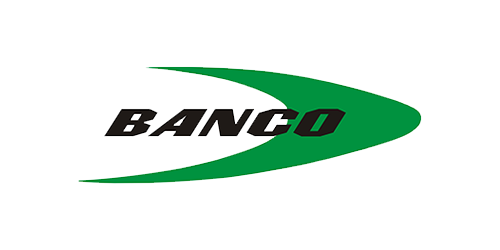








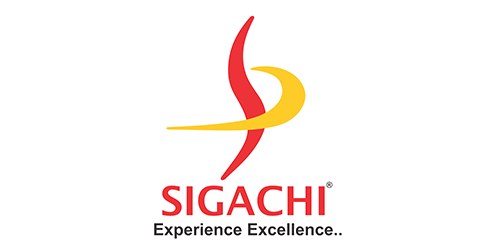

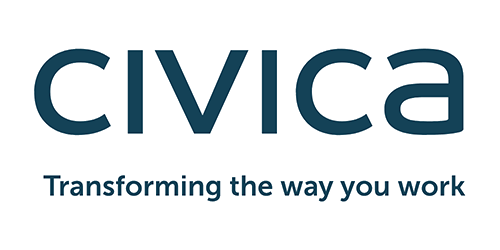




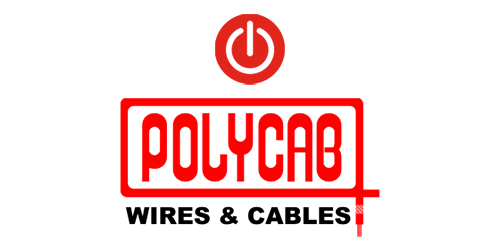




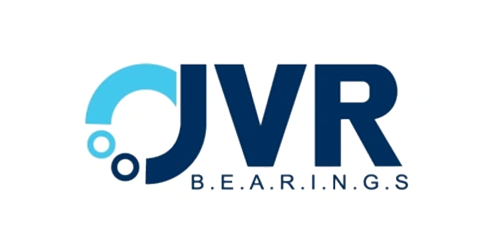







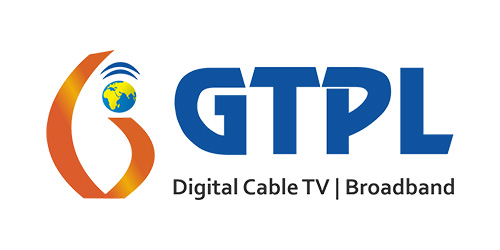
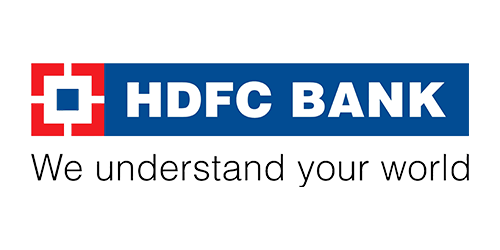












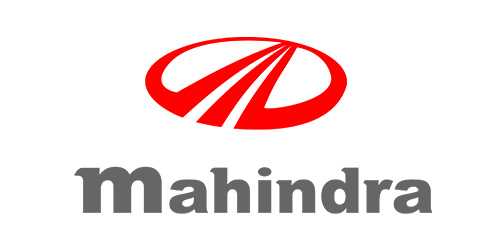


Blogs

Hands-on Skills, Real-World Results: The Power of Sigma’s Vocational Programs

Top IT Skills 2025: Coding, Cloud Computing & Cybersecurity for Students

How M.Pharm Graduates Are Powering India’s Biotech and Pharma Startups

Why Pursuing an MSW at Sigma University is a Smart Choice for Aspiring Social Workers

How a BA in Psychology at Sigma Can Launch Your Career in Mental Health & Beyond

How ANM and GNM Programs Prepare You for India’s Healthcare Revolution
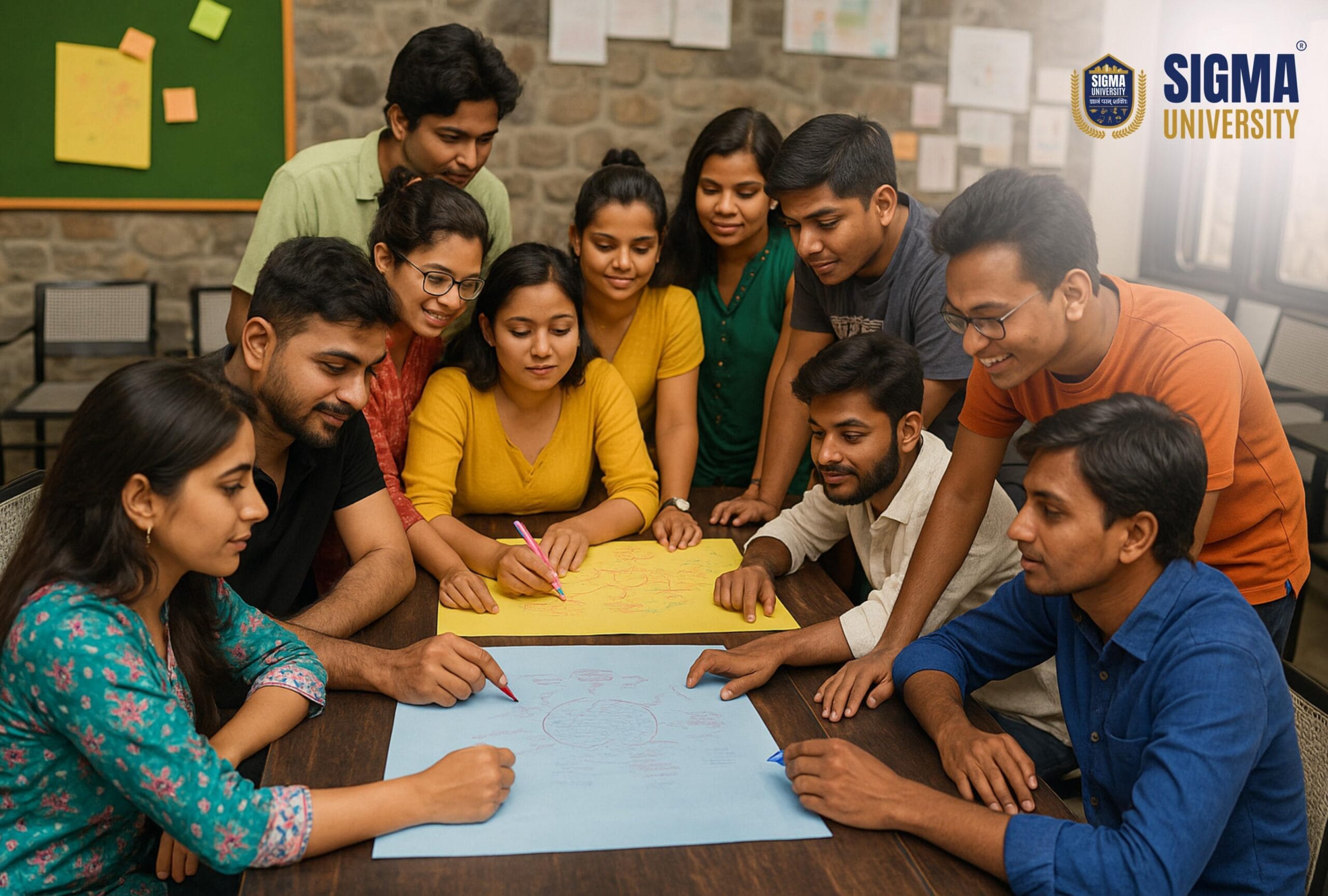
From Villages to Urban Advocacy: Where a Social Work Degree Can Take You



